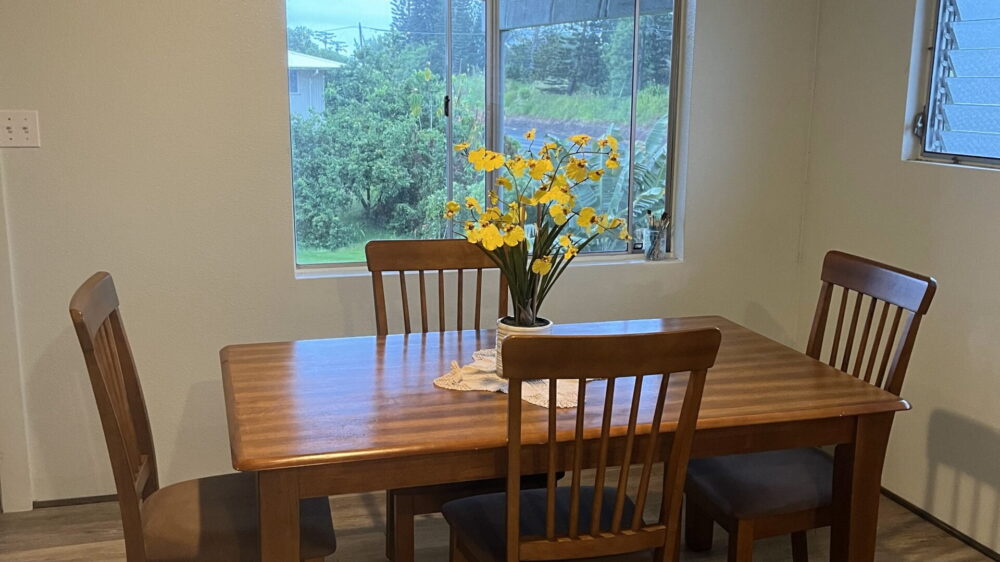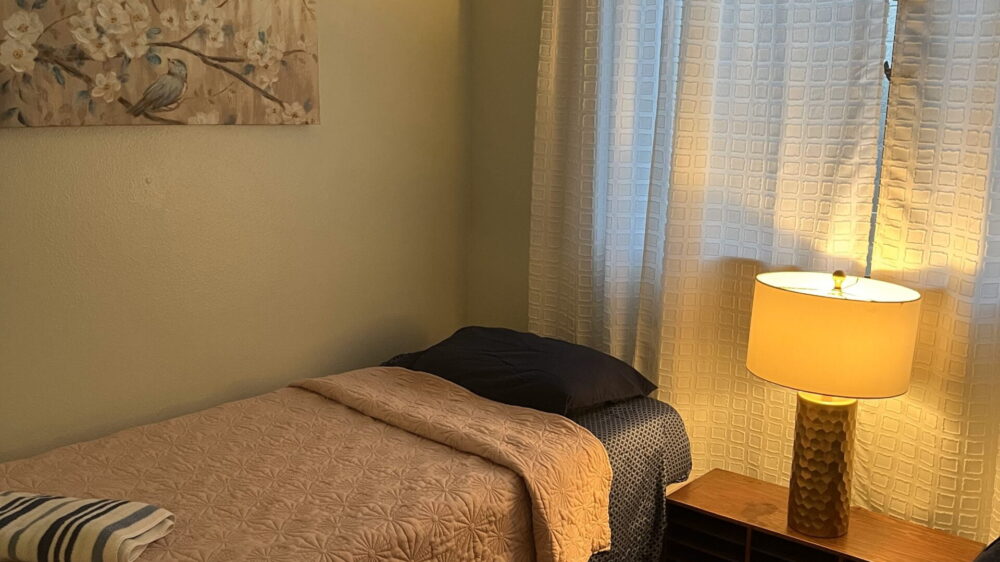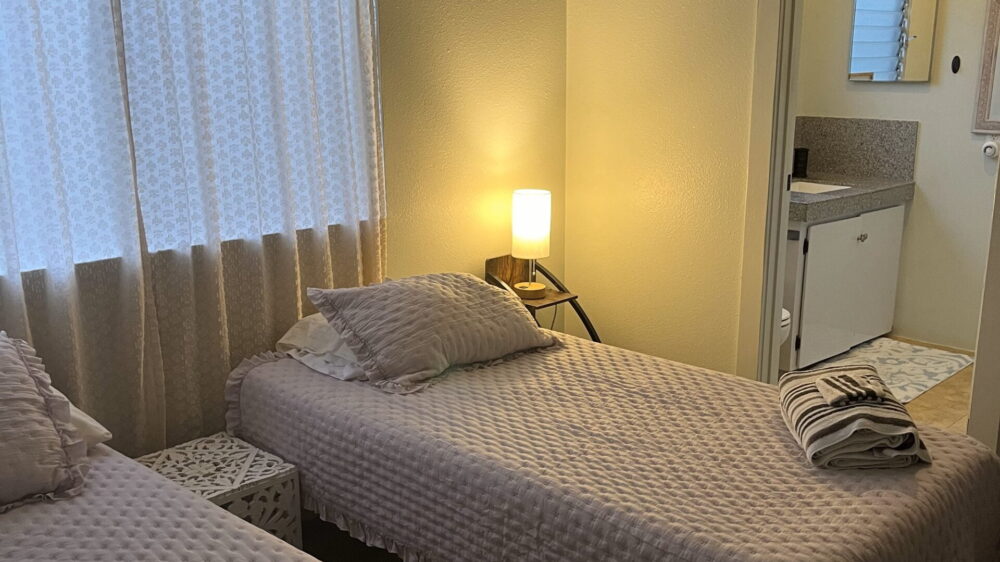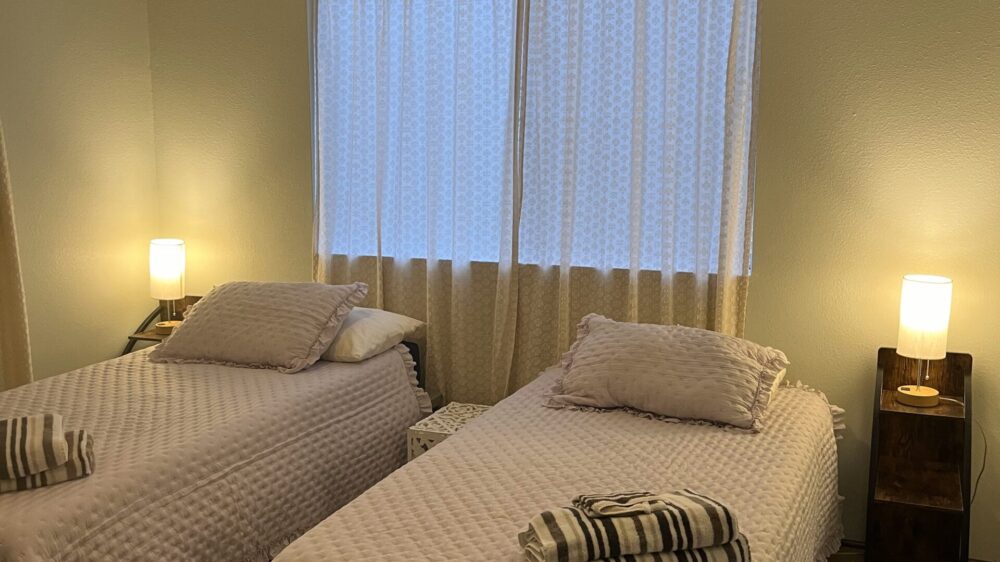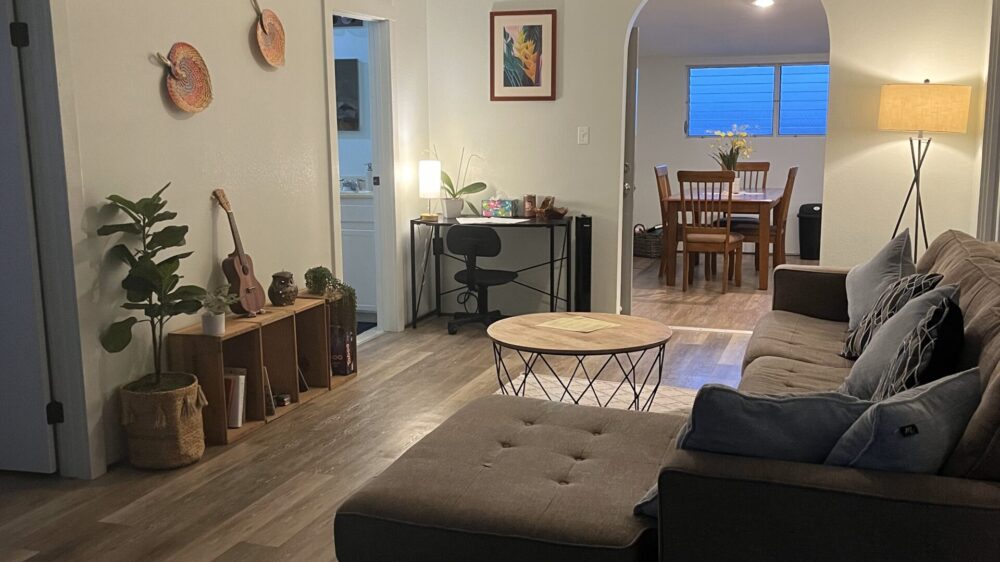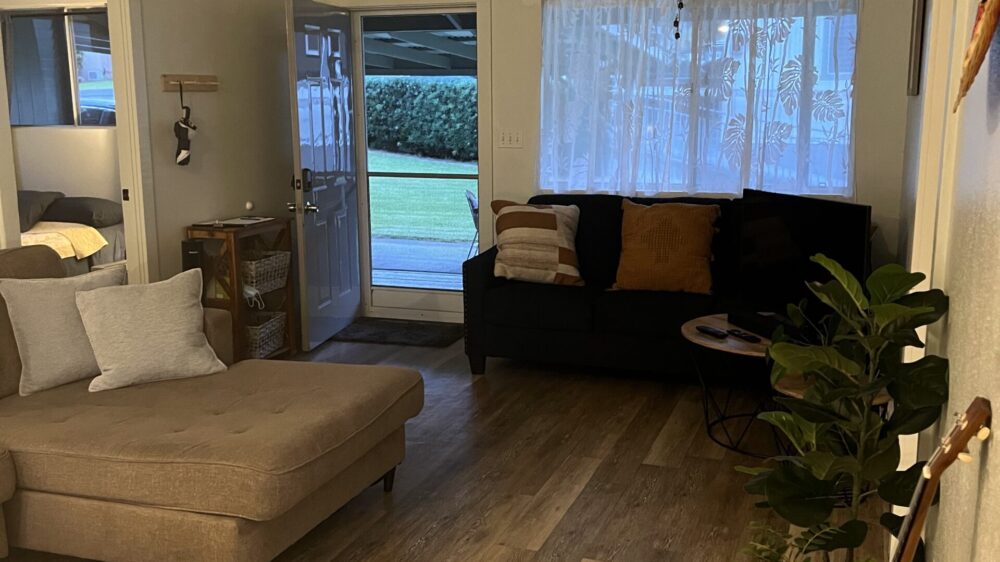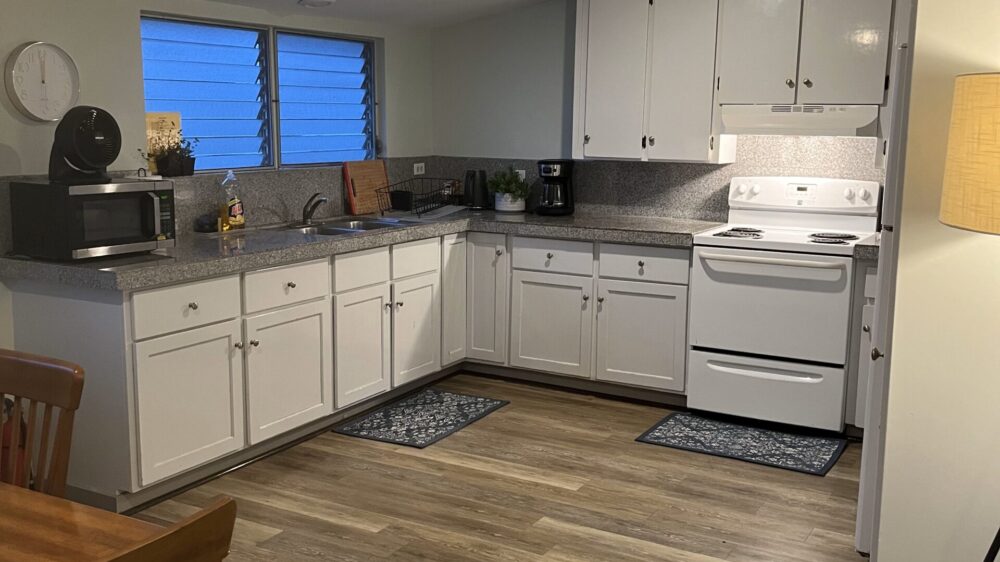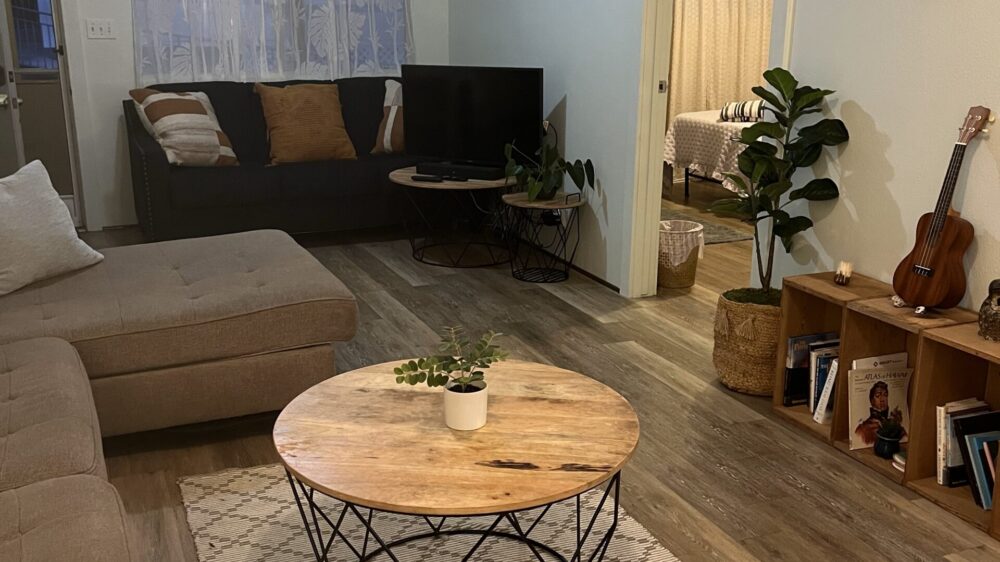Individuals recovering from substance use disorder (SUD) often participate in multiple levels of care, including transition housing. According to the Substance Abuse and Mental Health Services Administration (SAMHSA), “Recovery housing can be a critical asset in supporting an individual on their journey of recovery.” In addition, “Research has demonstrated that recovery housing is associated with a variety of positive outcomes for residents including decreased substance use, reduced likelihood of return to use, lower rates of incarceration, higher income, increased employment, and improved family relationships.” Exclusive Hawaii Rehab ensures clients receive ongoing support and guidance during their transition back into the community.
Who Benefits From Transition Housing?
Transition housing is considered a second phase of treatment for individuals going through rehabilitation. After detox and residential care, clients have the opportunity to take advantage of the supportive housing community at Exclusive Hawaii Rehab. During this phase, clients continue to receive treatment and support as they prepare for the move to independent sobriety. Clinicians collaborate with clients during residential treatment to determine if they would benefit from transitional housing services.
Some factors clinicians take into account when discussing housing options include:
- Family involvement in treatment and recovery
- Type of addiction and severity of symptoms
- Personal history
- Treatment and long-term goals
- Co-occurring mental health disorders
The care team uses comprehensive assessments and personal interactions to better understand and address each client’s unique needs. Exclusive Hawaii tailors transition housing to maximize the positive outcomes for each client. Moving from structured care to transitional housing often increases accountability, self-confidence, and motivation for people in early recovery.
Experience True Healing
Our deeply-caring staff and the surrounding natural beauty offer an unparalleled healing experience.
What Can People Expect From Transition Housing?
Staff members create a nurturing environment in the housing community where clients uplift one another and receive guidance from the care team to help them navigate recovery. Transitional living is designed to keep clients safe and comfortable while preparing them to manage their sobriety outside of treatment.
Companion Support
Exclusive Hawaii Rehab offers companion support services. Every client has the option of a companion to help them navigate detox, residential care, and transition housing. Most clients respond better to treatment plans when their loved ones and support system hold them accountable and provide practical support. Working alongside an addiction recovery specialist dedicated to the success of their recovery keeps people inspired and motivated to continue making positive lifestyle changes.
Experience True Healing
Our deeply-caring staff and the surrounding natural beauty offer an unparalleled healing experience.
How Does Exclusive Hawaii Rehab Support Individuals Who Need Transition Housing?
Not every client benefits from transitional housing. However, people who need additional structure or support during early recovery may find it easier to continue making progress in treatment while living in a more controlled environment. According to the Journal of Psychoactive Drugs, “Lack of a stable, alcohol and drug free living environment can be a serious obstacle to sustained abstinence.” In addition, researchers “found that social support for recovery was important in establishing sustained abstinence.”
Exclusive Hawaii Rehab provides clients with a community where they can access the following:
- A safe space for exploring various aspects of recovery
- Social support from peers, family members, and the care team
- A consistent and nurturing living environment
Everyone has different needs and expectations for their recovery. Transitional living spaces allow people to focus on achieving their recovery goals in a place where they feel heard and understood. The care team fosters a trusting and positive relationship with each client to ensure they feel confident in the care team, the program, and their own recovery. Healing from substance abuse is a process, and clients benefit from gradually transitioning through various levels of care until they feel comfortable maintaining independent sobriety.
Continued Treatment Support
Transitional housing allows people to attend treatment while gradually increasing independence. Most people who participate in recovery community housing continue to do the following:
- Participate in individual and group therapy
- Attend in-person or online self-help group meetings
- Regularly check in with a clinical for drug testing
Clients benefit from being able to participate in supportive treatment services while learning to implement coping skills and techniques in the real world. Transitional housing also allows people to practice conflict resolution, setting boundaries, effective communication, and other essential social skills.
Job Training Support Services
Individuals recovering from substance abuse may benefit from job training and other support services to help them start a new chapter in their lives. Returning to work and becoming financially stable reduces the risk of relapse for many people in recovery. Often, individuals in treatment reintegrate into society more effectively if they have the structure and accountability of a job they enjoy.
Some of the services provided to individuals in transitional housing include:
- Job training resources
- Resume building
- Job interview coaching
- Additional support services
The recovery experts at Exclusive Hawaii Rehab help clients build skills and reintegrate into society. Job training also helps clients identify potential jobs they may enjoy and resources for applying to them.
Increasing Independence and Self-Accountability
Exclusive Hawaii Rehab offers comprehensive follow-up services and continued recovery support to clients in transition housing. The additional support helps clients maintain progress made during treatment. The care team also ensures clients have the tools and resources to successfully navigate the challenges they encounter after rehabilitation. Ensuring clients have continued support increases confidence and self-accountability. Exclusive Hawaii Rehab focuses on providing clients with a healthy way to increase independence by using the skills and tools learned in treatment to establish healthy routines and behaviors.
